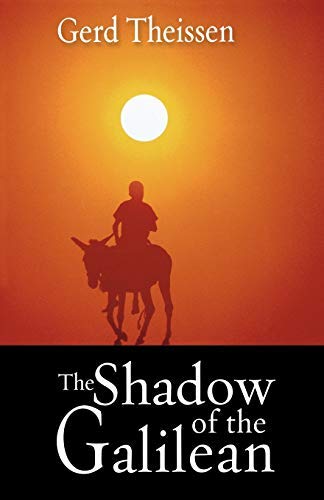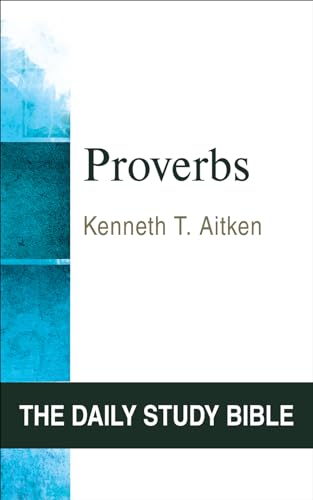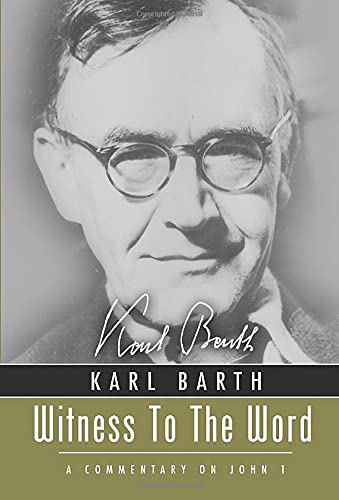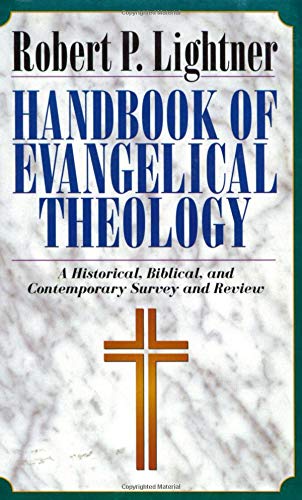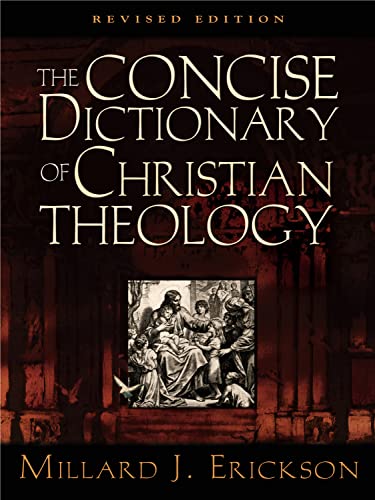This book is amazing. If you thought that German academics were incapable of writing interesting material for the ordinary Christian, just try this. I was going to say that this is the most exciting book about Jesus since Dodd’s Founder of Christianity—but in fact that is to rate it too low. I have never seen a book like it.
If I tell you that it is an attempt to help the non-specialist to a fuller understanding of the historical Jesus by distilling a vast specialist knowledge of the history of the first century into popular form, you will wonder what is so new about that. I could list several other books which fit that description. But none of them gets anywhere near this for readability, for creative reconstruction of an entirely believable scenario, and indeed for sheer enjoyment.
The plot is pure fiction, the background solidly substantiated fact. It is an historical novel, about a totally imaginary Andreas, from Sepphoris, whose adventures and encounters with Romans and Jews lead him ever closer to the mysterious figure of the prophet Jesus. From the time when Jesus is first mentioned (a quarter of the way through), his ‘shadow’ broods over the book, even though Andreas never in fact meets him face to face. The effect is thus to reconstruct the world in which Jesus lived, with all its cultural, religious and political tensions, and to allow Jesus gradually to take shape within that wider scene, as an outsider might have seen him.
Such a project could easily have turned out embarrassingly wooden and unbelievable, like so many ‘Christian novels’. That it succeeds brilliantly is due in part to the author’s impeccable scholarship, but much more to the fact that he has thrown himself into the creative task with verve and skill. Andreas and his friends (who include Barabbas) are characters with whom it is easy to identify. His moods and fears, and his reaction to his distasteful task as Roman agent, ring true. You can feel what it must have been like to live in Roman Palestine. Theissen calls his method ‘narrative exegesis’; I think it might be better characterized as a ‘holy whodunnit’. Indeed, the skill and imagination in combining perceptive character study with meticulously researched factual detail and local colour reminded me above all of Dorothy L. Sayers. And, as with Sayers, I challenge any reader to leave it unfinished.
Theissen’s expertise extends beyond the Jewish scene, and he makes effective use of relevant quotes from a wide range of Latin authors, which he weaves into the language of Pilate and his officers. Careful footnotes guide the interested reader to the source of all his material, but the flow of the text is not broken. His main source outside the NT is, rightly, Josephus. In using such historical sources he has used the novelist’s licence in transferring from other periods people and incidents which help to illuminate the social and political scene, but with such a responsible sense of what is appropriate that I did not feel in any way cheated.
This and other methodological principles are intriguingly explained and defined in a brief ‘letter’ at the end of each chapter to an equally imaginary academic colleague who is sceptical of the value of the enterprise. These Kratzinger letters allow Theissen a few delightfully tongue-in-cheek digs at scholarly convention, e.g.:‘You know that things have to be put in a complicated way if they are to be taken seriously in the academic world.’ Let us hope that this book in itself will help to give the lie to that assumption; here is uncomplicated and enjoyable scholarship, and I hope his academic colleagues will enjoy and appreciate it as much as the wider public for whom it is so superbly crafted.
Of course there are things here and there that I disagree with or am uncertain about. But I am not going to list them here, because I know that you will all read it and discover them for yourselves. From now on theological students who have not read Theissen are going to be as much to be pitied as literature students who do not know Tolkien.
Dick France
Llangelynin, Gwynedd


